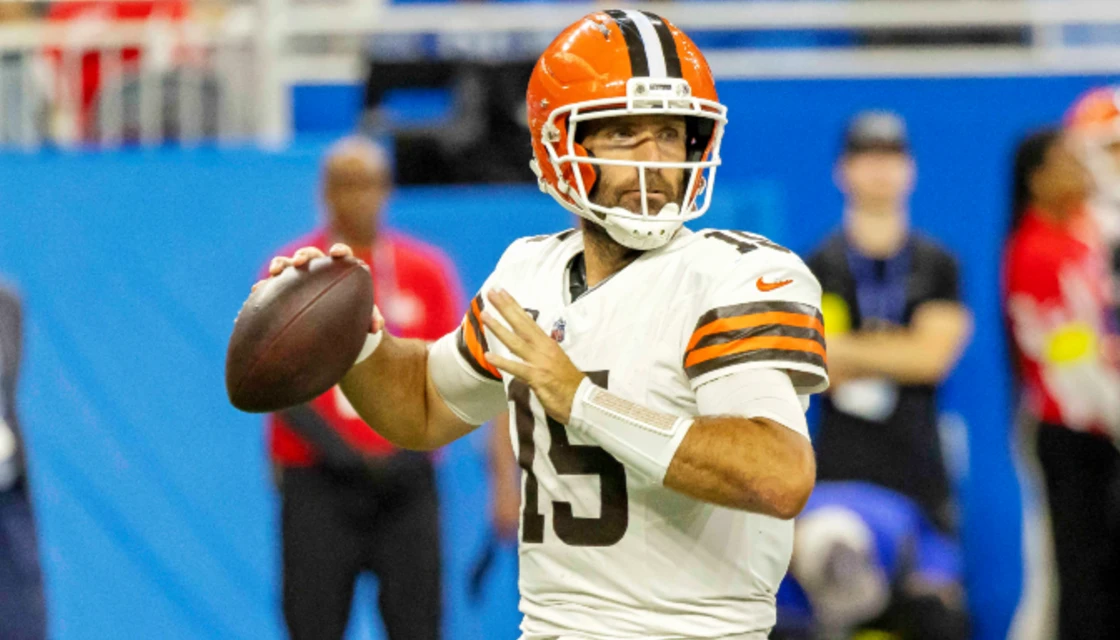Survey results shared at Wednesday’s Ohio Casino Control Commission meeting show a significant rise in at-risk and problem gambling behaviors as experts believe nearly 255,000 residents could be diagnosed with a disorder.
The findings are from a 2022 survey conducted by the Ohio Department of Mental Health and Addiction Services. Department officials told the commissioners that figure represents roughly 2.8% of the state’s adult population of more than 9.1 million. It’s also more than triple the percentage of problem gamblers the state found in the 2017 survey.
“That is a significant change,” said Stacey Frohnapfel-Hasson, the MHAS chief of prevention. “The overall at-risk group was 10.3 (percent), and it’s gone to 19.8. So, this wasn’t a surprise. It certainly wasn’t something we wanted to see, but we do know that with more access comes more use.”
Conducted every five years, the survey took place before legal online Ohio sports betting sites launched in January. To determine their risk potential, respondents were asked nine behavioral questions from the Canadian Problem Gambling Index and answered how often they felt that way. The survey also included activities in its definition of gambling, such as purchasing loot boxes while playing online games, investing in cryptocurrencies and participating in day trading on the stock market.
Young People, Minority Communities Most At-Risk
The survey also broke down responses by both age groups and ethnicity. Young adults, 18-to-24-year-olds, had the highest at-risk or problem behavior rate at 24.1%. However, 25-to-44-year-olds and 45-to-64-year-olds had rates not far behind their younger peers, at 22.2% and 19.7%, respectively.
Regarding ethnicity, nearly a third of African Americans surveyed exhibited at-risk or problem behaviors, compared to less than 20% of white respondents. Nearly 30% of Hispanic respondents were considered at-risk or exhibiting problem behavior. Less than 20% of the non-Hispanic population fell into the same category.
Frohnapfel-Hasson told the commissioners that focus groups from minority communities have shown that gambling is seen as a way to make more money.
“When folks are economically disadvantaged and needing to pay bills, and probably all of us in this room at some point have done the shuffle (of) which bill gets paid first, what we heard from the African-American communities was, ‘Well, I have $25. I might be able to go make it $50 or make it $100,’” she said. “It’s seen as a potential for income, and a lot of the prevention work that’s been done around the state has been just to help individuals of all ages and all races and ethnicities to understand the odds.”
Not surprisingly, those who have gambled online have experienced the highest rate of at-risk or problematic behavior, at 10.4%. Individuals who have gambled through arcade or video games have the second highest rate at 7.6%. Casino goers were next at 6.6%, with financial traders (6%), sports bettors (5.5%) and lottery players (4.6%) lower on the list.
Helpline Calls, Chats on Rise
As the number of people identified with or potentially having problems has increased, so has the number of people seeking help. Frohnapfel-Hasson said 9,448 people have called the state’s problem gambling hotline this year, a “significant” increase she attributed mainly to the launch of sports betting. The number of people seeking help via online chat increased by nearly 300 to 1,009.
“Those numbers are starting to climb again after some of the lows that we experienced during the pandemic,” she added.
MHAS, OCCC, the Ohio Lottery Commission and the Ohio State Racing Commission have joined forces to create Ohio for Responsible Gambling. If you feel your gambling activity may be causing problems, the Ohio Problem Gambling Helpline is 1-800-589-9966. The online chat feature is available at ohio.gov/responsible-gambling. Outside of Ohio, help is available from the National Problem Gambling Helpline, 1-800-GAMBLER.







